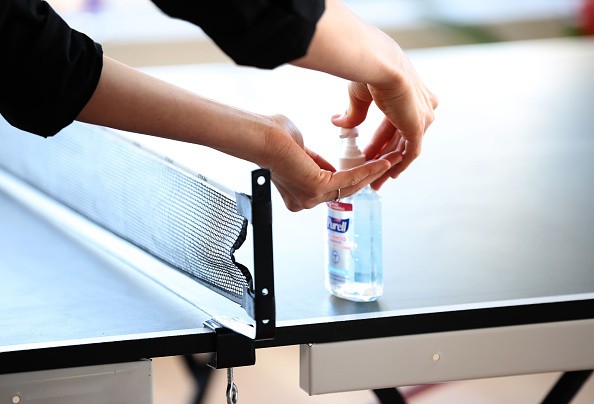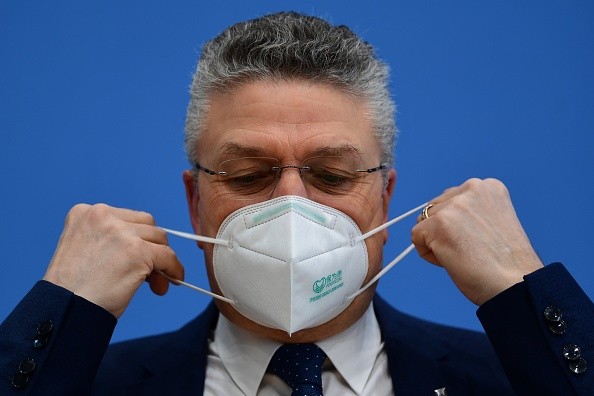Ruth DeFries in March 2020 completed a manuscript over five years in the making. It resulted to be both prophetic and prescient. In this document, the Columbia University professor disputed that global crises are now unavoidable due to the interconnectedness and difficulty of our modern civilization.

Ruth DeFries Concluded Her Project
Just as she concluded the project, as she puts it, "all hell broke loose with COVID." That manuscript would turn into a book, published at the end of 2020. "These were precisely the kinds of shocks that I was attempting to be persuasive [about], in the book, [when I let the readers know] they could truly happen," DeFries says.
But her tome is less screed and more guide. It reveals that there is positive news - and hope - to be discovered in a model that is around all of us each day and that has lived for billions of years: nature. DeFries threw light on the hand sanitizer and insufficiency of personal protective equipment when the pandemic began as an instance of what she means.
Instead of relying on single sources for crucial goods, she writes, we can take a look at coral skeletons and the little veins of the wings of dragonfly and leaves. They curve into one another, making what is known as a redundant network.
Also Read: Coronavirus Casualties: Plastic Waste Amid Pandemic is Killing Animals All Over the World
Building Our Modern World
That way, for example, if a bug bites a leaf, it can still transport sugar and water all over the plant. In the face of doubt, one of the best ways we can safeguard ourselves is to invest in our flexibility - like maintaining a different set of partners in trade, coming to both medical supplies food. The notion that we should observe nature when building our modern world has primitive roots in native cultures.
But the scientific term common for this method is just a few decades old: According to Lex Amore, who directs partnerships and advocacy at the nonprofit Biomimicry Institute 'biomimicry' "is the mirroring of nature's genius consciously."Copying strategies of nature can have real-world usefulness when we're placed in a tight corner.

COPAN
For instance, northern Italy-based manufacturer COPAN in March 2020 was impacted by COVID-19, which brought about a nationwide insufficiency of diagnostic nasal swabs in the U.S. In response, a network of industry partners and experts in Boston organize to source and produce new designs.
As part of this effort, the Wyss Institute for Biologically motivated Engineering at Harvard University got motivation from an unlikely source: the tongue of cats. The lead engineer of the team, Richard Novak finally designed injection-molded nasal-testing swabs which were modeled on an oral multitool of feline.This type of nature-inspired reasoning is required now than ever because "the solutions we search around for are right outside," Amore says.
Her organization encourages innovations that not only serve humans in the short term but that, in its words, also " provide sustainably conditions favourable to life" - for every species.
Related Article: Scientists: Dogs May Detect the Coronavirus in Humans
For more news, updates about the pandemics and similar topics, don't forget to follow Nature World News!
© 2025 NatureWorldNews.com All rights reserved. Do not reproduce without permission.





